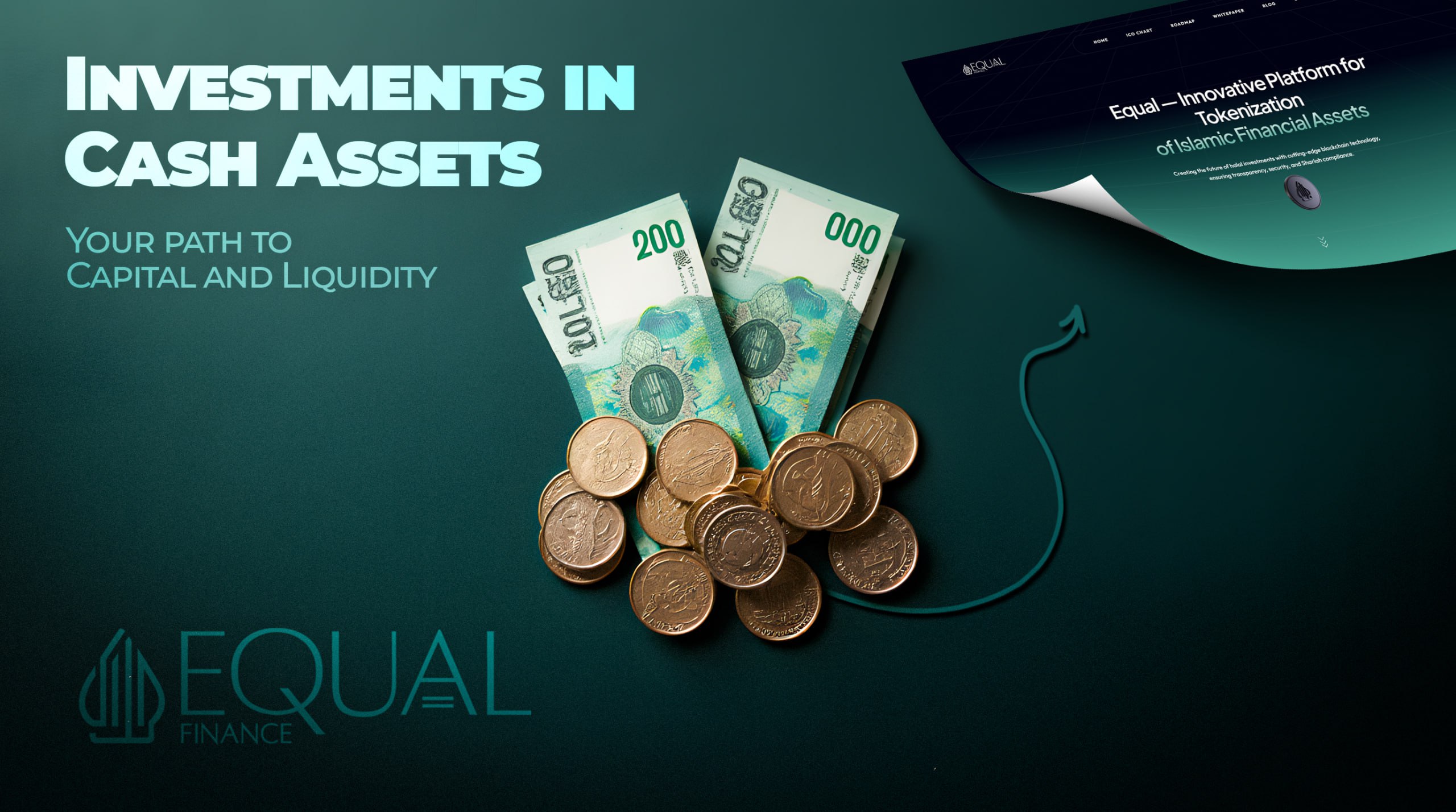Investments in cash assets are a vital component of the modern financial system. They involve putting money into various instruments related to cash or cash equivalents. This article delves into what investments in cash assets are, the different types available, their advantages and risks, and how they can fit into an investment portfolio, especially considering Islamic finance principles.
What Are Investments in Cash Assets?
Definition
Cash assets are financial instruments that can be quickly and easily converted into cash with minimal risk of losing value. Investments in cash assets include various short-term financing instruments and highly liquid assets.
Key Characteristics
- High Liquidity: Ability to quickly convert the asset into cash without significant loss.
- Low Risk: Relatively stable value compared to other types of investments.
- Short-Term Maturity: Usually have a maturity period of up to one year.
Types of Cash Assets
1. Certificates of Deposit (CDs)
- Description: Time deposits at banks with a fixed interest rate.
- Advantages: Guaranteed income, insured by the government in some countries.
- Disadvantages: May conflict with Islamic principles due to interest payments.
2. Savings Accounts
- Description: Bank accounts with the ability to withdraw funds at any time.
- Advantages: High liquidity, small income.
- Disadvantages: Low returns, potential involvement of interest.
3. Government Treasury Bills
- Description: Short-term debt obligations issued by the government.
- Advantages: High reliability, low risk.
- Disadvantages: Low returns, involvement of interest.
4. Commercial Paper
- Description: Short-term unsecured debt issued by large corporations.
- Advantages: Potential for higher returns.
- Disadvantages: Higher risk compared to government securities.
5. Money Market Funds
- Description: Investment funds that invest in cash assets.
- Advantages: Diversification, professional management.
- Disadvantages: Fees, potential non-compliance with Shariah.
Investments in Cash Assets from an Islamic Finance Perspective
Islamic Investment Principles
- Prohibition of Riba (Interest): Charging or paying interest is forbidden.
- Avoidance of Gharar (Uncertainty): Transactions must be transparent.
- Investment in Halal Assets: Avoiding prohibited industries.
Challenges with Traditional Cash Assets
Many cash assets involve interest payments, conflicting with Shariah principles. Therefore, Muslim investors need to seek alternatives that comply with Islamic norms.
Halal Alternatives
- Islamic Investment Accounts: Accounts based on profit and loss sharing principles.
- Murabaha: Cost-plus financing without interest payments.
- Sukuk: Islamic bonds backed by real assets.
Advantages of Investing in Cash Assets
1. Capital Preservation
Cash assets help preserve the initial capital with minimal risk of loss.
2. High Liquidity
Investors can quickly access their funds when needed.
3. Portfolio Diversification
Adding cash assets to a portfolio helps reduce overall investment risk.
Risks and Limitations
1. Low Returns
Cash assets typically offer lower returns compared to stocks or bonds.
2. Inflation Risk
Inflation can erode the real value of investments in cash assets.
3. Non-Compliance with Shariah
Many cash instruments involve interest, which may not be acceptable for Muslim investors.
How to Invest in Cash Assets According to Shariah
Step 1: Consult a Shariah Advisor
Seek guidance from an Islamic finance expert to identify permissible instruments.
Step 2: Choose Halal Instruments
- Islamic Money Market Funds: Funds investing in halal cash assets.
- Murabaha and Ijarah: Instruments based on trade and leasing.
Step 3: Monitor Investments
Regularly ensure that investments comply with Shariah principles and market conditions.
Role of Equal Finance
Equal Finance offers Muslim investors access to halal investment opportunities, including cash assets:
- Transparency: Utilizes blockchain technology for transparent transactions.
- Shariah Compliance: All products undergo Shariah audits.
- Innovation: Provides modern tools for effective investing.
Conclusion
Investments in cash assets are an essential element of any investment portfolio, providing liquidity and capital preservation. However, for Muslim investors, it’s crucial that these investments align with Shariah principles. By understanding the nature of cash assets and utilizing halal instruments, investors can effectively manage their finances while staying true to their religious beliefs.


